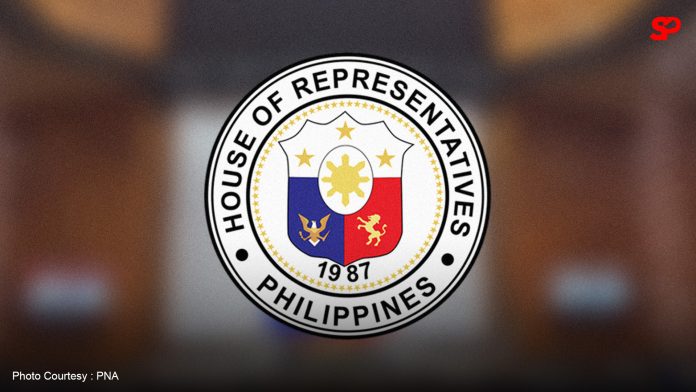MANILA – A measure institutionalizing environmental assessments for all policies, plans, programs, and projects to promote sustainable development and ecological protection hurdled final reading at the House of Representatives.
During Tuesday’s plenary session, 203 lawmakers voted in favor of House Bill (HB) 11093, otherwise known as the proposed Philippine Environmental Assessment System Act.
Speaker Martin Romualdez described the bill as essential to balancing progress with environmental stewardship.
“This bill is a clear testament to our collective responsibility to protect our environment and ensure that development is done responsibly. It is a vital tool for balancing progress with sustainability,” Romualdez said.
The legislation establishes the Philippine Environmental Assessment System (EAS), which will require Strategic Environmental Assessments (SEA) for policies, plans, and programs, and Environmental Impact Assessments (EIA) for projects.
These processes aim to ensure that environmental, health, and socio-economic impacts are thoroughly evaluated during the planning stages of development initiatives.
Critical projects such as major infrastructure, heavy industrial activities, and resource extraction will be required to secure a Certificate of Proponent’s Environmental Commitment (CPEC) from the Department of Environment and Natural Resources (DENR).
This certification mandates compliance with environmental safeguards, including preventive and mitigating measures.
“With the EAS in place, we are institutionalizing a process that ensures environmental risks are mitigated before projects are implemented. We cannot afford to sacrifice the environment for the sake of progress,” Romualdez said.
The bill imposes fines ranging from PHP5 million to PHP20 million on proponents who operate without the required CPEC, with additional penalties for violations of environmental management plans reaching up to PHP10 million per infraction.
Proponents may also face suspension or closure of operations for noncompliance.
SEAs will also be required for national and local development plans, ensuring cumulative environmental impacts are considered.
Safeguards will include measures to protect biodiversity, indigenous communities, and natural resources such as water, air, and land.
Public participation will play a significant role in the EIA and SEA processes, with multi-partite monitoring teams composed of government agencies, local government units, non-government organizations, and affected communities overseeing compliance.
The measure also mandates the creation of a financial guarantee mechanism, requiring project proponents to allocate funds for immediate cleanup or rehabilitation in the event of environmental damage.
Trust funds, insurance, or cash deposits will serve as guarantees for these obligations.
To enhance transparency, the DENR will establish a knowledge management system consolidating all SEA and EIA-related reports.
Publicly accessible summaries will enable independent monitoring and accountability. (PNA)

